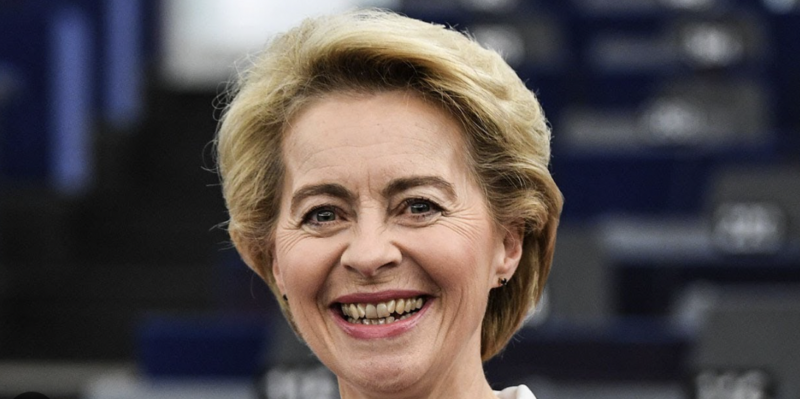Justice just ruled she violated EU transparency laws by keeping a tight lid on her back-and-forth text messages with Pfizer CEO Albert Bourla—messages tied to jaw-dropping vaccine deals worth tens of billions.
Let’s rewind: during the COVID-19 frenzy, von der Leyen’s private messaging played a key role in brokering a colossal contract—1.8 billion Pfizer vaccine doses, ringing in at roughly €35 billion. Toss in another 2.8 billion doses from other companies, and you’ve got €70+ billion worth of jabs—enough for every European to get a dozen shots, and then some. The kicker? Most of them are now collecting dust or headed for the dumpster.
Despite the ECJ’s verdict, don’t hold your breath waiting to see those texts. The Commission’s already stated it has no intention of handing them over. Von der Leyen’s got a two-month window to appeal, and legal wrangling could drag out the process for up to two more years—or longer. Bottom line: the public’s still in the dark.
Worse yet, the ruling is toothless. There’s no enforcement mechanism, no real political will, and certainly no appetite among pro-EU parties to hold her accountable. It’s business as usual in Brussels.
Still, not everyone’s letting it slide. Danish MEP Anders Vistisen, a vocal critic and whip for the Patriots for Europe group, pulled no punches. “If she’s got nothing to hide, then what’s she afraid of?” he asked. “The only reason to bury those texts is if they reveal something damning.”
And this isn’t von der Leyen’s first rodeo with vanishing data. Back when she ran Germany’s Defense Ministry, she also wiped phone records amid another public procurement scandal. That scandal conveniently disappeared once she landed her cushy role as Commission president in 2019.
Vistisen says the latest legal slapdown should trigger immediate political fallout—but only if Parliament has the backbone to act. “If she refuses to come clean, then she’s got to go. Simple as that.”
He’s not alone. Dutch MEP Marieke Ehlers and former French MEP Patricia Chagnon echoed the sentiment, warning that failure to act would gut what little remains of democratic accountability. “Democracy dies in darkness,” Chagnon remarked. “If elected officials can’t be held to account, we’re just playing pretend.”
Ex-MEP Rob Roos pointed out another absurd twist: a Belgian court tossed out a lawsuit against von der Leyen over the same issue earlier this year, claiming the plaintiffs—including citizens, MEPs, and watchdog groups—didn’t suffer “personal harm.” Ironically, the ECJ sided with The New York Times, a foreign newspaper. “Why does a U.S. media outlet have more rights to EU transparency than our own elected officials?” Roos asked.
German MEP Christine Anderson called it a democratic farce. “It’s outrageous that journalists across the ocean achieved what European citizens and lawmakers couldn’t,” she said.
To get real answers, conservative MEPs—including Vistisen, Anderson, and Ehlers—have reignited their push for a formal inquiry committee to investigate what’s being dubbed “Pfizergate.” Their proposed Transparency and Accountability Committee (TRAC) already has enough support signatures. Now, it’s up to the mainstream party leaders to let it advance to a full parliamentary vote—though odds are they’ll stall it and offer up a powerless “working group” instead.
Anderson isn’t having it. “What we need is a real committee—one with subpoena power. We’ve got to drag this into the light, whether von der Leyen likes it or not.”




